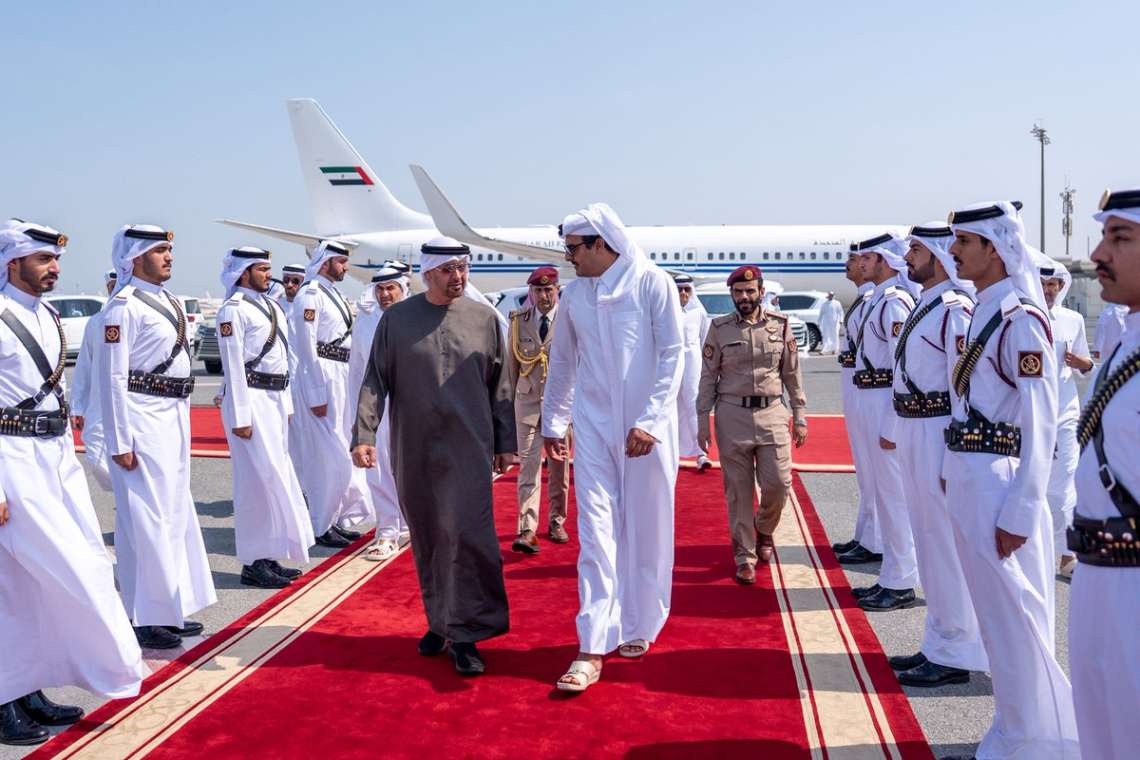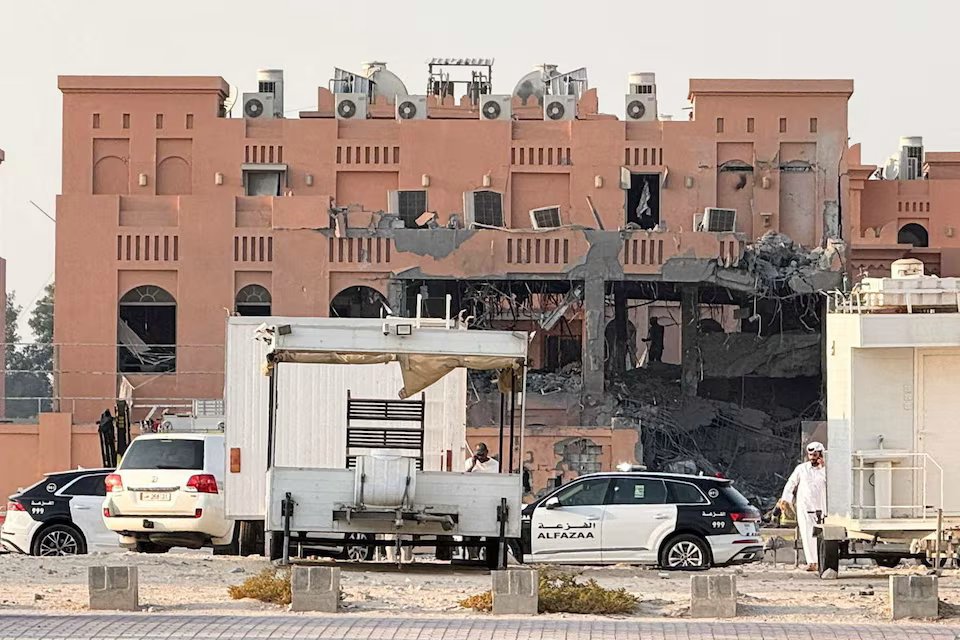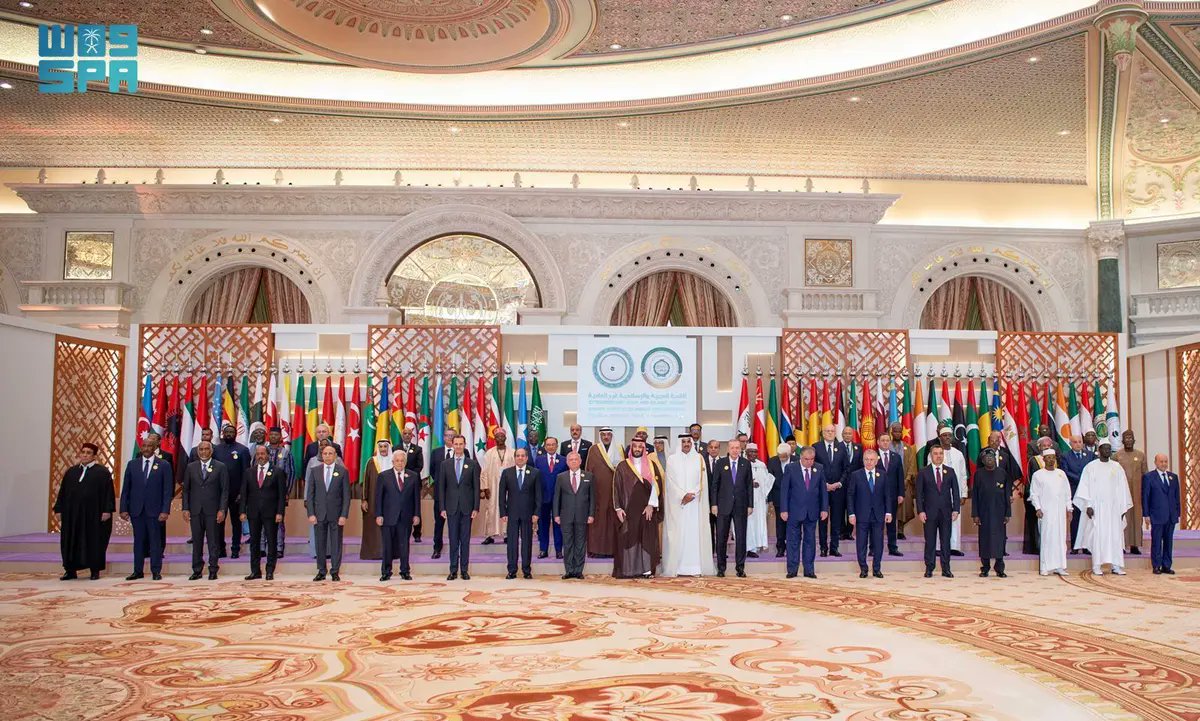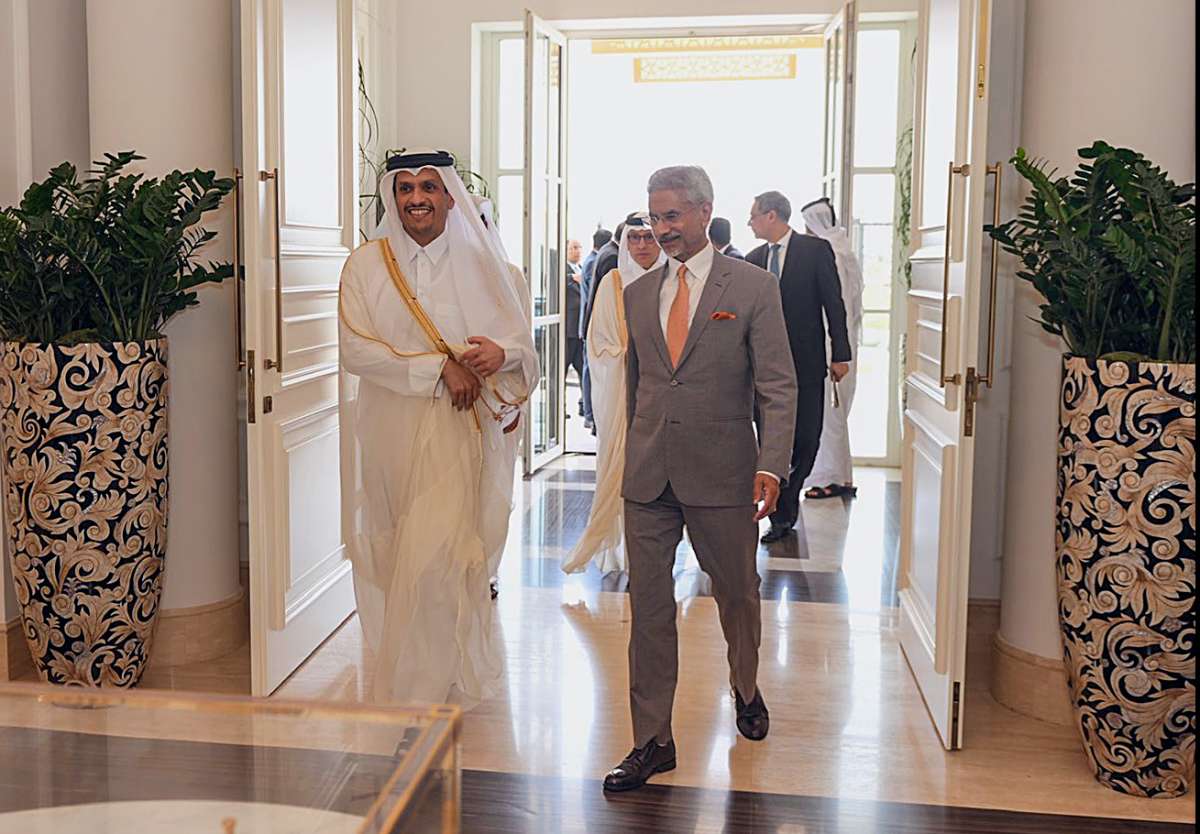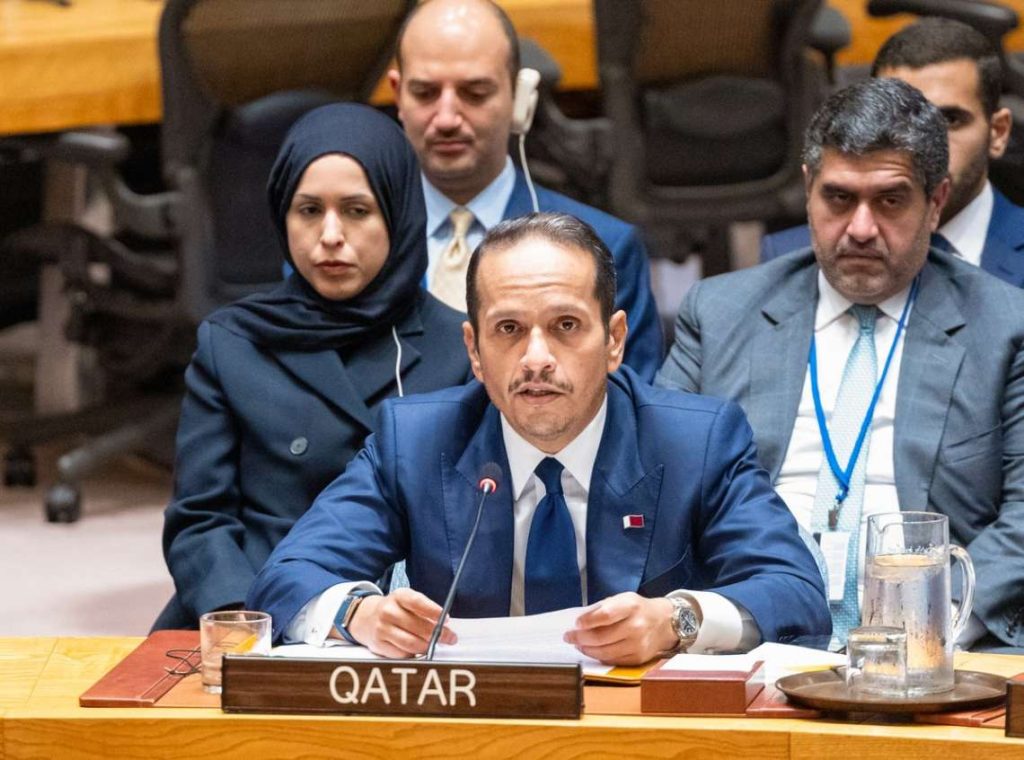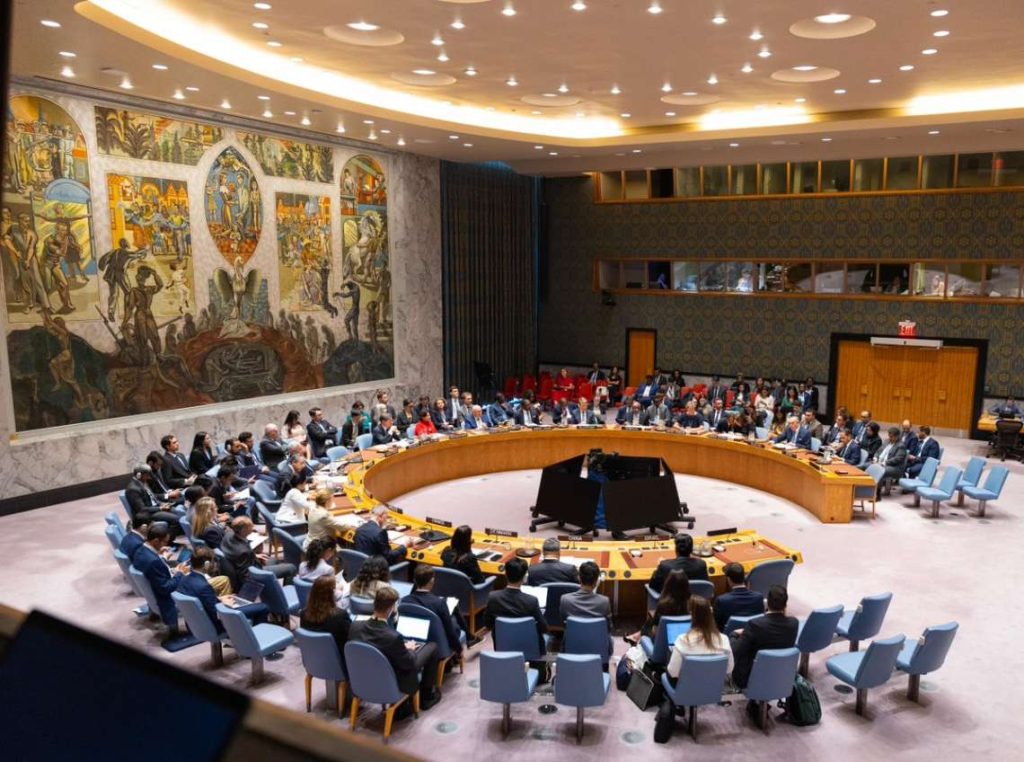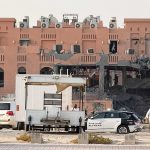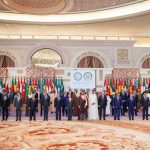Qatar prepares to host emergency Arab-Islamic summit after Israeli strike on Doha, vowing legal action, rallying Arab support, and warning of dire regional consequences if aggression continues….reports Asian Lite News
Qatar will host an emergency Arab-Islamic summit next week in Doha as regional leaders prepare a coordinated response to Israel’s strike on the Qatari capital, which targeted Hamas leaders and left several people dead.
According to the state news agency, the summit will convene on Sunday and Monday and will be preceded by a meeting of foreign ministers. The gathering comes as Qatar intensifies diplomatic efforts to build international backing after what it has described as a “treacherous attack” and a blatant violation of international law.
In the wake of the strike, Egyptian Foreign Minister Badr Abdelatty travelled to Doha to personally convey Egypt’s solidarity. He was received by Qatar’s Emir Sheikh Tamim bin Hamad Al-Thani, reaffirming Cairo’s support for the Gulf state amid mounting regional outrage over the Israeli action. The visit underscored the growing alignment among Arab states, which view the attack not only as an assault on Qatar but also as a destabilising blow to the entire Gulf region.
Qatar raises issue at GCC-Russia talks
The crisis also took centre stage in international forums. On Thursday, Qatar’s Minister of State for Foreign Affairs, Sultan bin Saad Al Muraikhi, led the Qatari delegation at the 8th Joint Ministerial Meeting of the Strategic Dialogue between the Gulf Cooperation Council (GCC) and Russia in Sochi.
Addressing the meeting, Al Muraikhi described the Israeli strike on Doha as “an example of organised state terrorism carried out by the Israeli entity under the leadership of its Prime Minister.” He said the attack was part of a systematic campaign to destabilise regional security and vowed that Qatar would not hesitate to defend its sovereignty and territorial integrity.
Al Muraikhi confirmed that Qatar had assembled a legal team to explore all necessary measures in response, holding Israel “fully responsible for escalating regional tensions” and for the severe consequences of its hostile policies.
Warning of wider consequences
The minister also linked the attack to the broader conflict in Gaza, describing Israel’s actions as “ongoing acts of genocide” intended not only to punish Palestinians but also to undermine their national cause. “These acts go beyond killing and revenge. They aim to erase the Palestinian cause entirely and prevent the establishment of an independent Palestinian state,” he said.
He reaffirmed Qatar’s steadfast backing for the Palestinian people and its commitment to humanitarian and political efforts aimed at securing a ceasefire, protecting civilians, and working toward a two-state solution with East Jerusalem as the Palestinian capital. Al Muraikhi also commended Russia for supporting Palestinian rights and praised the GCC for its unity in denouncing Israel’s actions.
Mediation under strain
Despite being a key mediator in talks between Hamas and Israel, Qatar now faces new pressure after the attack struck at the heart of its diplomatic efforts. Al Muraikhi accused Israel of carrying out the strike during ongoing negotiation sessions, killing innocent people in violation of the UN Charter and international law.
He characterised the assault as “arrogance and disregard for international peace and security” and urged the international community to act decisively, holding Israel accountable and ensuring compliance with international norms.
Even as it mobilises against Israel’s actions, Qatar emphasised that it remains committed to diplomacy and peaceful solutions. Al Muraikhi pointed to Doha’s success in mediating the return of 107 children to their families in the Ukraine conflict as an example of the country’s belief that “justice and dialogue are the only paths to lasting stability.”
On the bilateral front, he reaffirmed Qatar’s expanding partnership with Russia, particularly in energy, security, and economic fields, highlighting a joint action plan that extends through 2028. He noted that Qatar’s approach balances firmness in defending its sovereignty with continued pursuit of peaceful resolutions to conflicts across the region.
Building regional and global momentum
The attack on Doha has galvanised support among Gulf and Arab states, with Qatar framing the incident as a turning point in regional security. The emergency summit next week is expected to sharpen this momentum, potentially laying the groundwork for a more coordinated Arab-Islamic stance against Israel.
With its mediation credibility tested and its sovereignty challenged, Qatar now faces the dual task of defending its national security while ensuring that its role as a key diplomatic hub in the region remains intact.

